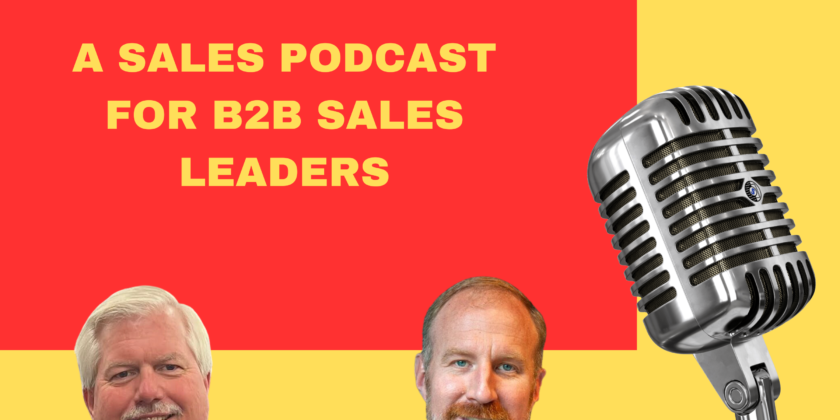A common question that I receive is about the value of adding fractional sales leadership to their company. I typically answer their concern with a story about one of my clients who had a fantastic experience and increased the company’s value by 167% in about 12 months.
The true benefit of the efforts of fractional sales leadership is that revenue and pipeline will increase your company’s value.
Several years ago, I was hired by a fantastic software startup company in the artificial intelligence industry. Their technology had roots in original research by one of the founders at MIT. I was connected to one of the founders, and he approached me to be his Fractional Vice President of Sales as they felt that their technology had progressed to the point that they needed to find early adopter customers.
It was a young company with a small client base and very little revenue, but it clearly understood its offering and the value it could deliver to new clients. I started the engagement with my standard discovery process to identify what value they were providing to their clients or prospective clients. We developed a target persona, and I helped them identify potential clients that fit their use cases.
As I worked with them, I learned more about their backstory. A significant chip manufacturer had wanted to buy the company just a few months earlier. The founders were eager to sell, but the parties couldn’t agree on a price and parted ways. The large chip manufacturer valued the company at about 75% of the valuation that the founders wanted. This offer reminded me of the popular TV show Shark Tank, where entrepreneurs try to arrange investments from 5 individual investors. They rarely agree at the beginning of the segment on the startup’s value; sometimes, they compromise, and sometimes they do not. In this case, the giant chip manufacturer didn’t see the value, just like the Sharks didn’t see the value of Ring.
The owners of my client did what any sound company executives would do. They pushed harder on their business to build its value. They realized that nothing drives the company’s value like revenue and pipeline, so they brought me in to help them.
Fast forward ten months after hiring me, and our pipeline, messaging, sales team, partnerships, and methodologies have improved dramatically. At this point, another chip manufacturer enters the picture and wants to acquire the company and its technology. But now everything in the company is more proven, and the risk is less for the acquiring company. The owners and the new acquiring company agreed quickly on the company’s value. The company was now worth 200% of what the founders initially thought just the previous year. The deal closed quickly and efficiently, with most employees finding great jobs at the new owner while some continued with new and exciting adventures.
New customers, pipeline growth, and team growth caused a dramatic increase in the company’s value. Undoubtedly, the software improved during that year, but much of that improvement was because of customer and prospect feedback. The new chip manufacturer thought the company was worth 267% compared to the previous suitor.
According to the Exit Planning Institute, 76 percent of business owners who sold their businesses profoundly regretted selling within a year. I contend that this is because they agreed to a Shark Tank deal which devalued their company. I think most feel they didn’t get the value out of the company they spent years, decades, or maybe a lifetime building. The solution is to have such a great sales engine that the buyer is begging you to take the offer. Small business owners need to build a sales engine that is so strong that multiple offers are coming in to buy the company. For a while in the US after COVID-19, selling a home commanded over-asking-price offers all over the nation. This seller’s market is the environment you need to create for your company if you want to exit the company in the next 3-5 years.
I help company owners realize the maximum value of their company by improving their revenue generation capability. I help owners enhance their sales management, methodologies, processes, teams, and messaging to accomplish this. Reach out to me so that I can help you maximize your company’s value the way I helped my former client.












